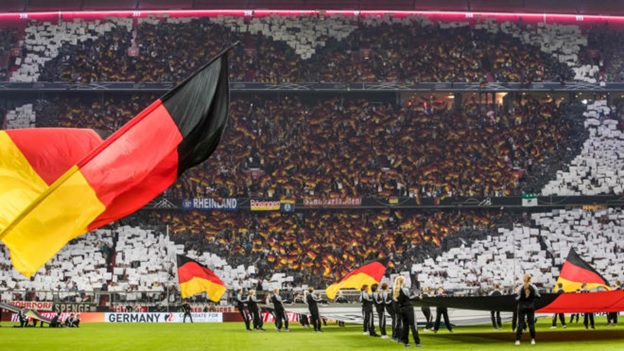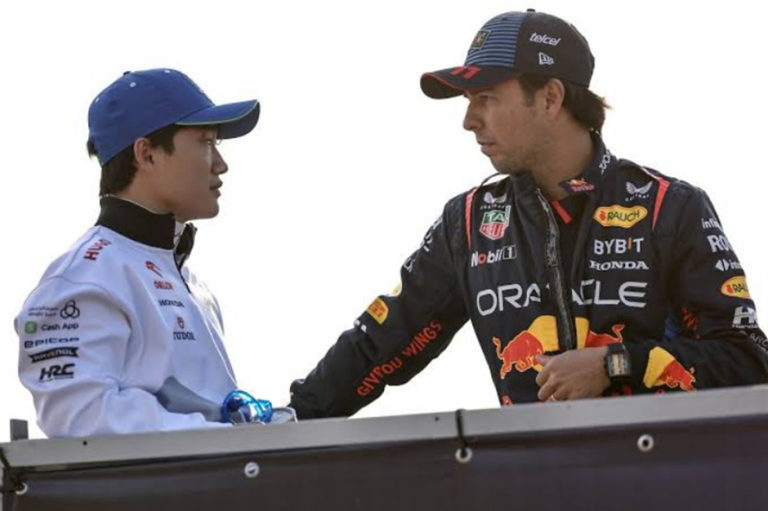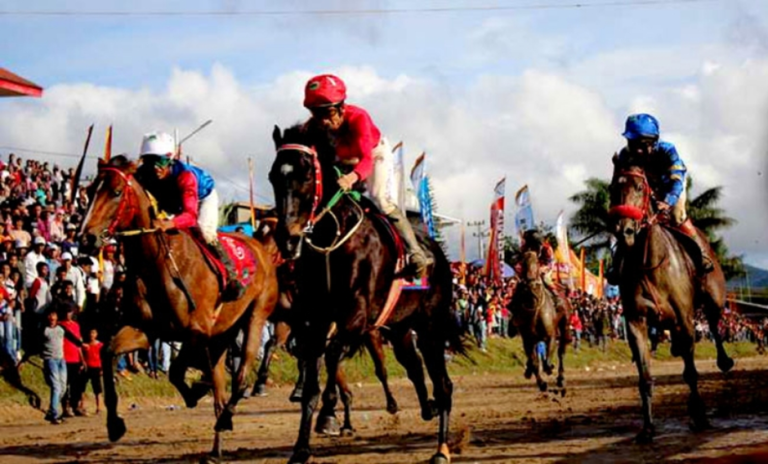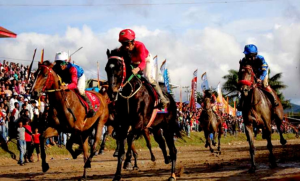Germany to host Euro 2024 after beating Turkey in the UEFA poll on Thursday, thanks to its reliable track record, including the host of the World Cup in 2006. Germany was a favorite throughout the process and won 12-4 in the UEFA Executive Committee vote and there was an abstention.
Turkey, meanwhile, suffered a fourth setback, after also not being selected for Euro 2008, 2012 and 2016. This was the first time that the assessment of human rights was part of UEFA evaluation process.
“Every democratic decision is the right decision,” said UEFA President Aleksander Ceferin, an ally of German Football Federation President Reinhard Grindel on the FIFA Council.
UEFA depends on this campaign to support the funding of its 55 member federations. Revenues for Euro 2016, hosted in France, reached nearly two billion euros. UEFA also received 850 million euros in profit.
The tournament in Germany is expected to welcome about 400,000 more spectators than in 2016. Germany also had the opportunity to host 300,000 more spectators than in Turkey.
UEFA voters had confidentially received the revenue projections for each nomination. Germany plans to use 10 stadiums for the presentation of the 51 matches and the final could be held in Berlin or Munich.
Turkey’s bid was its most interesting so far, with eight of the 10 stadiums already ready to host matches. However, it lost points in terms of human rights.

Germany had hosted World Cup in 2006. (Source:www.marca.com)
President Recep Tayyip Erdogan’s government is becoming increasingly authoritarian, and a UEFA candidacy report released last week mentioned Turkey’s lack of a human rights plan.
A currency crisis in Turkey has also seen the Turkish lira lose nearly half of its value against the euro used by UEFA in the past year.
Germany will try to relive the good sensations of the 2006 World Cup, when an underrated national team helped the Germans to express their national pride and find an identity more than a decade after reunification with the German Democratic Republic.
Euro 1988 was hosted in the Federal Republic of Germany, one year before the fall of the Berlin Wall. Thursday’s victory should reinvigorate the German soccer federation after four months of storm.
The federation and its supporters have been at friction with Arsenal’s Mesut Ozil and Man City’s Ilkay Gundogan, who have Turkish bloods, before and after a disappointing World Cup trip to Russia.
















